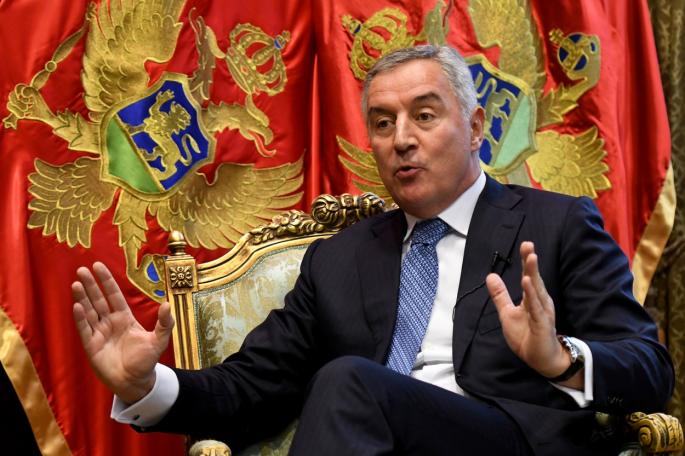

Photo: Profimedia
The actors were the same, and the tensions and polarisation the same. The former opposition, now in the position of government at the national level, in Niksic ran again in three groups: as in August, the coalitions "For the Future of Montenegro" led by the Democratic Front, DF, “Peace is our nation” led by the Democrats, and "Black and White" led by the United Reform Action (URA) movement participated, alongside the newly formed People's Movement of Businessman Miodrag Daka Davidovic, who managed to secure one seat in the local parliament.
The DPS retained its electorate, if the result of last August's parliamentary elections is taken into account, despite its defeat at the national level. The party, however, had a good position before these elections, as it acted as the local government in Niksic, and it had greater media coverage on the public broadcaster, RTCG. Although still the strongest party in the local parliament, with 18 out of 41 mandates, the DPS has no potential coalition partner to form a majority in Niksic, as the Social Democratic Party (SDP), a party with which the DPS exercised power for many years in the past, did not pass the threshold; other parties that did are not possible coalition partners for the DPS due to their different programmes. Therefore, the DPS can only be partially satisfied with the votes, as it is left without important levers of power, which will be a serious obstacle in achieving its goals in the future.
The flow of DF votes to the Democrats is the result of regrouping in the new ruling structure, where the support of the Serbian Orthodox Church (SOC) is no longer on the DF side but with the Democrats. DF had the support of official Belgrade, so neither this coalition nor their mentors can be satisfied with the 11% drop-in support in Niksic compared with the result from 2020: they will now have 11 seats in the local parliament. It is promising that part of the votes of the radical and right-wing DF went to the moderate Democrats. This, apart from the support of the SOC, can also be attributed to the support of Prime Minister Zdravko Krivokapic. It is interesting to point out that Krivokapic was at the top of the list "For the Future of Montenegro" during the parliamentary elections, but in the meantime there has been a split between them, which resulted in the DF's conditional support for the Government and constant harsh criticism, as well as its reconstruction announcements. Still, the drop in DF support itself means that it has no basis for conditioning coalition partners at the national level, nor can it request the reconstruction of the Government, especially not in the way they would like.
The URA’s results in Niksic remained almost the same as in August last year, which should be a sign for this party to take a more decisive stance and not deviate from its goals. URA won only one seat and has been left without growth, which many attribute to its decision to support the government alongside parties with which it does not share goals or programme orientation in which only participating politician is the URA president, who holds the vice-presidency. However, this result can also be attributed to the poor party infrastructure. URA has been invited to take part in talks on forming a local government in Niksic, but its mandate is not required for a majority, as the DF and Democrats together have 21 out of 41 seats. Given this situation, it is possible that a decision to participate in the local government would be perceived as based solely on providing benefits to its members, so it is important for this party to work on strengthening its capacity and insisting on its programme, which so far has been put in the background, such as by its inability to impose its principles on the new government.
It is also important to underline the huge attention that the media in Serbia paid to the elections in Niksic and the events in Montenegro in general, which the DPS, together with the role of official Belgrade and the SOC in supporting the DF and Democrats, uses as evidence of interference in an independent state’s internal affairs. In principle, all actors have a lot to think about.
The region can learn from the Montenegrin example of citizens' awareness that elections can bring about change, but with such growing nationalism and so much polarisation in society, even despite a perhaps greater degree of democratisation than in the other countries of the region, few can be satisfied.